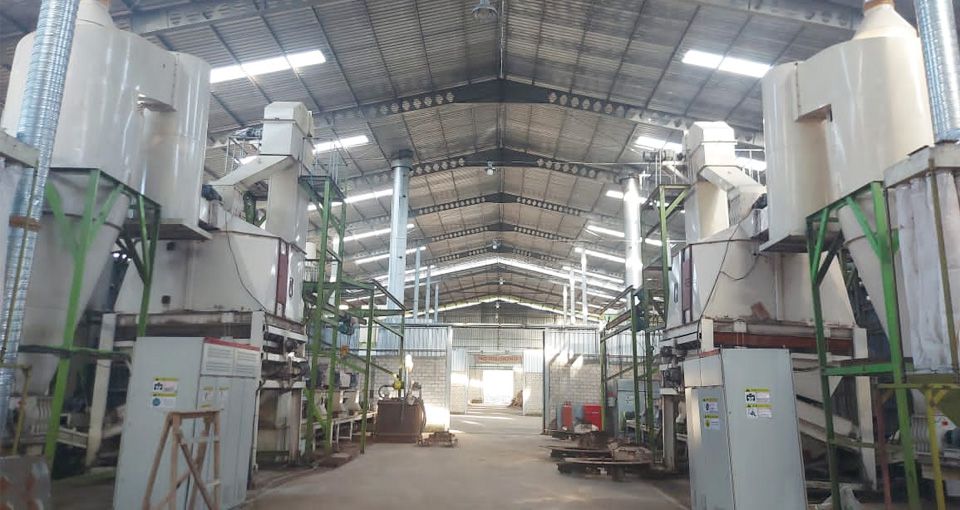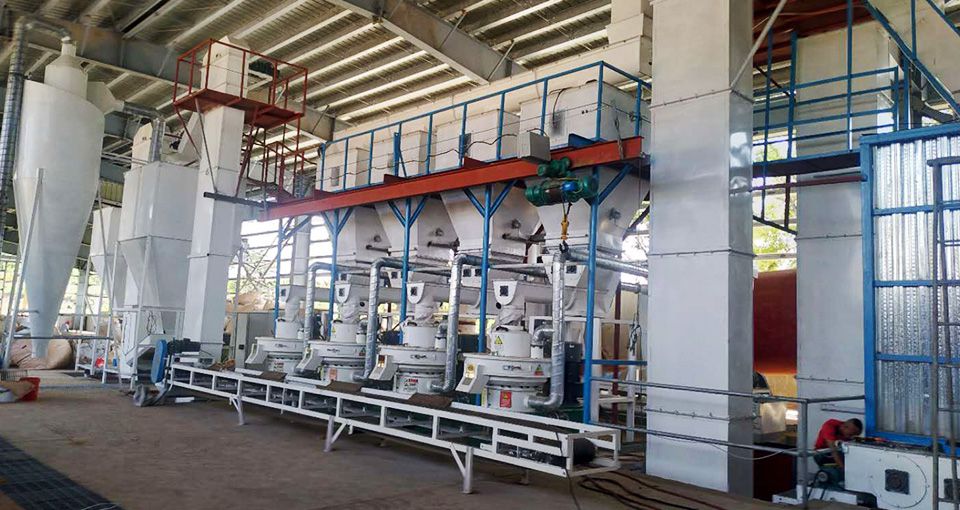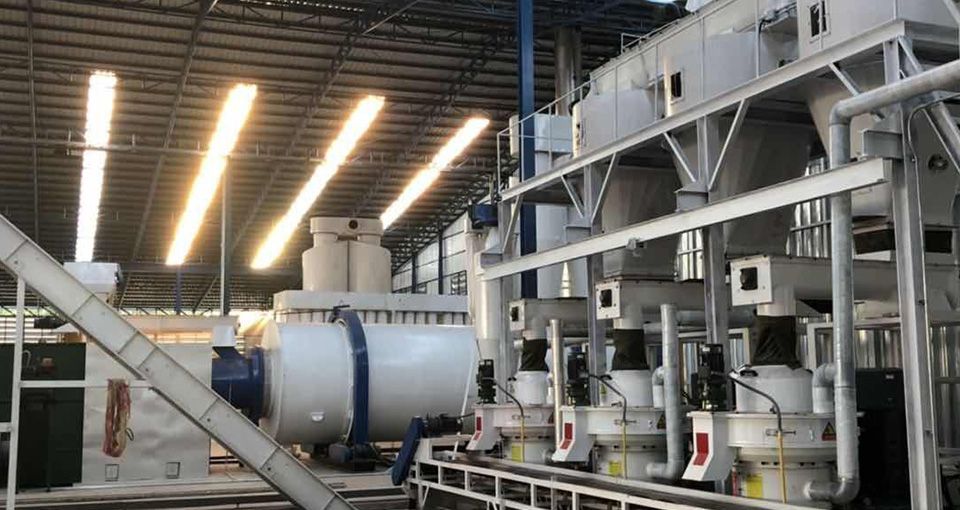
First, biomass fuel is the only energy product that can replace petroleum fuels on a large scale, while hydropower, wind power, solar power, nuclear power and other new energy sources are only suitable for power generation and heating.
Second, the diversity of biomass energy fuel products. It can not only replace oil, coal and natural gas, but also provide heat and power generation.
Third, the diversity of biomass energy fuel raw materials. Biomass energy fuel can use crop stalks, forestry processing residues, animal manure, organic waste water from the food processing industry, urban garbage, and low-quality land to grow a variety of energy plants.
Fourth, the "materiality" of biomass energy fuels can produce various materials such as plastics, fibers, and chemical raw materials like petroleum and coal, forming a huge biochemical production system. This is impossible for other renewable energy and new energy sources.
Fifth, the "recyclability" and "environmental protection" of biomass energy fuels. Biomass energy fuel is a product produced in the process of harmlessness and recycling of organic waste in agriculture, forestry and urban and rural areas; all living substances of biomass energy fuel can enter the biological cycle of the earth, and even the released carbon dioxide will be regenerated Being absorbed by plants and participating in the earth's cycle, achieving zero emissions. Material sustainability and resource recycling are a modern advanced production model.
Sixth, the "driving nature" of biomass energy fuels. Biomass energy fuel can expand the field of agricultural production, drive the development of the rural economy, and increase farmers' income; it can also promote the development of manufacturing, construction, and automobiles.

Seventh, biomass energy fuels are "inhibiting" the price of crude oil. Biomass energy fuel will increase the number of "crude oil" producing countries from the current 20 to 200. Through independent fuel production, the price of imported oil will be suppressed and the cost of imported oil will be reduced, so that more funds can be used to improve people’s lives. Fundamentally solve the food crisis.
Eighth, biomass energy fuel is to create job opportunities and establish a domestic demand market. Brazil’s experience shows that one job in the petrochemical industry can create 152 jobs in the ethanol industry; the investment of one job in the petrochemical industry is US$220,000, [3] the fuel industry is only US$11,000. The "Green Careers" report released by the United Nations Environment Program pointed out that "the renewable energy industry will create 20.4 million jobs by 2030, including 12 million biomass fuels."
 Линия по производству древесных гранул производительностью 20 т/ч в Индонезии
Линия по производству древесных гранул производительностью 20 т/ч в Индонезии
Страна: Индонезия
Вместимость: 20т/ч
Сырье: субтропические деревья
 Линия по производству древесных гранул производительностью 10 т/ч на Филиппинах
Линия по производству древесных гранул производительностью 10 т/ч на Филиппинах
Страна: Филиппины
Вместимость: 10т/ч
Сырье: бревно
 Линия по производству древесных гранул производительностью 6 т/ч в Таиланде
Линия по производству древесных гранул производительностью 6 т/ч в Таиланде
Страна: Таиланд
Вместимость: 6т/ч
Сырье: бревно